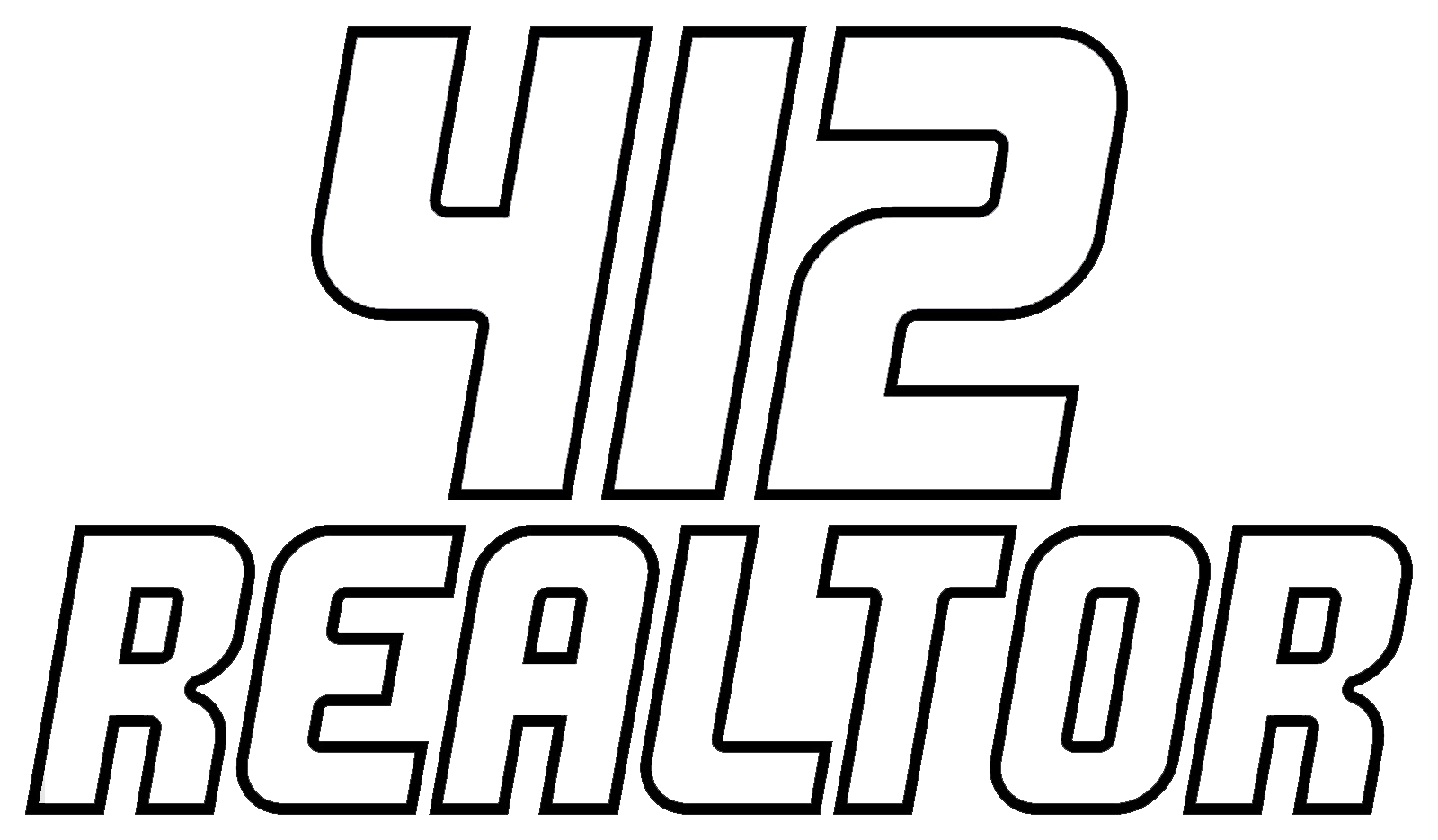Introduction
Buying your first home is a major milestone, but for many first-time buyers, the biggest barrier is saving enough for a down payment and closing costs. The good news? You don’t have to do it all on your own. Gift funds and homebuyer grants are powerful tools that can help make homeownership more accessible, especially if you’re struggling to come up with cash upfront.
In this guide, we’ll break down what gift funds and grants are, how they work, and how you can use them effectively to buy your first home.
What Are Gift Funds?
Gift funds are monetary gifts—typically from family members or close friends—given to help you cover the costs associated with purchasing a home. Unlike loans, gift funds do not need to be repaid.
Common Uses:
- Down payment
- Closing costs
- Escrow or prepaid items (like taxes or homeowners insurance)
Who Can Give a Gift?
Most lenders require the gift to come from:
- Parents or grandparents
- Siblings
- Spouse or fiancé(e)
- Legal guardians or domestic partners
In some cases, close friends may qualify if you can document a longstanding relationship.
Gift Letter Requirement
Lenders require a gift letter that includes:
- The exact dollar amount of the gift
- The relationship between the donor and the buyer
- A clear statement that the money is a gift and repayment is not expected
- Donor’s name, address, and contact information
- Signature of both parties
Tip: Always consult with your lender before transferring money to avoid issues with documentation or loan approval.
What Are Homebuyer Grants?
Unlike gift funds, homebuyer grants are typically provided by government agencies, nonprofits, or community programs. These grants also do not require repayment and are awarded based on specific eligibility criteria, such as income level, profession, or geographic location.
Where to Find Grants:
State Housing Finance Agencies (HFAs): Most states offer down payment assistance programs (DPAs).
City or County Government Programs: Local initiatives often target revitalization zones or underserved communities.
Federal Programs: HUD (Department of Housing and Urban Development) sponsors several programs like:
HOME Investment Partnerships Program
Community Development Block Grant (CDBG)
Employer-Sponsored Programs: Some companies offer grants to help employees become homeowners.
Examples:
HomeReady by Fannie Mae: 3% down payment option for low-income buyers.
Good Neighbor Next Door: Offers 50% off the list price of homes for teachers, police officers, firefighters, and EMTs in eligible areas.
Chenoa Fund: National DPA program that works with FHA loans.
How to Combine Gift Funds and Grants
Yes—you can use both gift funds and grants in the same transaction. Lenders allow combined sources to help cover:
The down payment (which can range from 3% to 20% depending on loan type)
Closing costs (often 2%–5% of the home price)
Required reserves (some loans require a few months of mortgage payments in savings)
Make sure your lender is aware of all sources of funds upfront, as different mortgage programs (FHA, VA, USDA, conventional) have specific rules.
Steps to Use Gift Funds and Grants Successfully
1. Talk to a Mortgage Lender Early
Your lender can recommend loan programs and help identify which grants or gift options you qualify for.
2. Apply for Assistance Programs
Most grant programs have specific income limits, location requirements, or application deadlines. Start early, gather documents, and stay organized.
3. Get the Gift Letter Before Funds Are Transferred
To avoid red flags, always document the transfer. Never deposit large sums of money into your account without a paper trail.
4. Understand Tax Implications
Gift donors may need to file a gift tax return if the amount exceeds the IRS annual gift limit (currently $18,000 per person in 2024). This doesn’t mean they pay taxes—it just must be reported.
5. Work With a Real Estate Agent Who Knows the Process
Some sellers may prefer conventional financing over grant programs due to additional paperwork or longer timelines. A knowledgeable agent can help navigate negotiations effectively.
Final Thoughts
Homeownership might seem out of reach if you’re focused on a large down payment—but there’s help available. Gift funds and grants can bridge the gap and give you a strong financial foundation as you step into homeownership. The key is to plan early, communicate with your lender and agent, and explore every option available to you.
Remember: You don’t need to do it all alone. With the right support and financial tools, buying your first home can become a reality sooner than you think.




